Tyler, The Creator released his eighth studio album, “Chromakopia,” on Oct. 28 this year. The album explores a new persona, most likely called St. Chroma. The prevailing theory is that this character is based on Chroma the Great, a character from Norton Juster’s novel “The Phantom Tollbooth.” Chroma the Great conducts an orchestra that creates all colors in the world, reflected in Chromakopia’s music videos, which start in a sepia tone, and then become colored at key points. The album explores growth and moving from his youthful style to a darker, more mature style. A recurring theme is his mother, Bonita Smith’s advice, beginning many songs with samples of her voice. Her advice is his “light” guiding him through the difficult topics confronted in the album.
The first track is “St. Chroma, ” an amazing opener. The track holds heavy percussion throughout the song that sounds like stomping, giving the track a militaristic feel amplified by Tyler’s husky rapping. As the tension builds with synths and samples coming in, Daniel Caesar breaks the rapping with background vocals, before the chorus comes in. The chorus mirrors Bonita Smith’s section in the beginning, singing about the “light inside,” a recurring motif in the album. The beat drop is perfectly timed, dropping into a chaotic percussion with Tyler half singing, half rapping layered over it. Tyler has one more verse, before the chorus plays one more time. This track is one of the best on the album and gets you excited for the rest of the album.
The second track comes in hard with “Rah Tah Tah” and an aggressive and abrasive beat. The song “Rah Tah Tah” focuses more on Tyler’s rapping ability. The beat is unsettling, as for the whole track a cowbell is hit and occasional sirens go by. The track is a call back to Tyler’s more aggressive side to rapping, returning to his previous album “Goblin.”
The third track on the album is “Noid,” the single released by Tyler to tease the release of Chromakopia. The track opens with a woman singing the word “paranoid” over and over again, perfectly transitioning from Rah Tah Tah. The track documents Tyler’s struggle with fame and paranoia, constantly expecting fans to attack him. Both the guitar overlaying the beat and the chorus sample a Zambian song “Nizakupanga Ngozi” by the Ngozi Family. The track is powerful and combines good background vocals and a strong beat with Tyler’s signature husky rapping.
The next track is “Darling, I” and is one of the best songs on the album. The track is a transition into a calmer portion of the album, featuring Tyler’s higher-pitched vocals. The song reflects on Tyler’s struggles with commitment, and the importance of transparency in a relationship. The track features Teezo Touchdown with a very minor verse. It is a happier side of Tyler’s new persona, contrasting against the heavy themes of the album.
Transitioning from “Darling, I” is another quieter song, dealing with some difficult topics. “Hey Jane” deals with a pregnancy, the lyrics coming in letter form, first from Tyler to Jane, then in the second part Jane speaks to Tyler. It’s a moving song that reflects on maturity and growing up, the first song that addresses the recurring theme of growth and getting older. The song is all right; it’s a little slow and doesn’t have a lot of Tyler’s signature aggressive rapping and falsetto singing.
Next with a somewhat more light-hearted song is “I Killed You.” The song starts with a simple guitar playing in the background while synths and horns start to build up the song. But the track takes an interesting turn as when it builds up even more it drops down to a more chill poppy sound. Tyler raps about the complex relationship Black people have with their hair, which then leads them to cut it, reflecting on the struggles of social expectations and self-identity. The track ends with the phrase “you’re so beautiful” being repeated, giving the message that you are beautiful the way you are.
After “I Killed You” is the track “Judge Judy,” which is a groovy track itself, but the lyrics are something else. Tyler raps about a story of a girl he likes and how they met. The story continues describing… things they did when they were together and overall how much fun they had. The beat is a slow heavy bass beat with a calm electric guitar in the background being played and in the middle section you can hear some vocals of Childish Gambino singing away. Oh yeah, and there’s occasional moaning in the second half of the track, which kind of sounds like Tyler but pitched up (but that’s not confirmed). The song takes a big turn as now Tyler raps in the perspective of Judy saying how they are sorry that they have not seen each other for a while and the reason for that is that Judy was diagnosed with cancer and is writing a farewell to Tyler. The lyrics are an emotional rollercoaster as some of the lyrics are quite suggestive and strange, but then transition to a tragic outcome, giving the track an odd feeling.
The next song is “Sticky” with GloRilla, Lil’ Wayne, and Sexy Redd. This is probably one of the worst songs on the album, but still a decent listen. Tyler’s rapping is on point, showing his full range of vocal talent. The song collapses around the production and the features. The production is way too chaotic, with loads of drum layers and other random instruments thrown around. The track crescendos with a large horn section, which feels slightly grating and unpleasant. The features also fall apart, with GloRilla starting it off with a tepid rap verse that sounds uninspired and unintelligible. After that, it’s Lil’ Wayne’s turn to try cobbling together some sort of rhythmic rapping over the chaos of the drums and horns. The final, worst feature comes from Sexyy Red, who sounds like she’s half asleep while rapping. Worth a listen if you’re diving fully into the album, but otherwise a skip.
After the more wacky song is a more lyrically deep and beautiful song, “Take Your Mask Off.” Tyler raps about three different perspectives and how they are hiding their true self under a mask. He first tells the story of a thug who is pretending to be tough but actually is a nice person and is acting tough to fit in. The second perspective is a priest who is hiding their sexuality, and the third is about a single mother who is exhausted from being alone. He then turns to his own mask and reveals his own flaws that he hides. After each person he talks about, the production brings out the vocals of Daniel Caesar and LaToiya Williams singing that they hope they find their true self and “take that mask off.” The production is quite simple as it’s another slower and pleasant track giving a Jazz/R&B vibe to it.
The track after is “Tomorrow,” a decent song, but still a skip. The song follows the theme of maturity on the album, talking about Tyler’s fear of the future and his mother’s pressure for him to have kids. It’s entirely forgettable, featuring some frankly boring singing parts, overly mellow rapping parts, and a shoddily produced beat. The lyrics are powerful and moving, dealing with Tyler’s emotions towards the changes happening in his life.
Next are some of the best songs on the album, starting with “Thought I Was Dead.” This track is probably one of the most hard-hitting songs on the album and is a favorite for a lot of people. The track has a strong, somewhat simple beat. But what elevates the song is the use of many different horns in the background, accomplishing a great use of horns in a rap song (unlike another song on this album). The first half is a feature of Schoolboy Q, who gives a great performance and matches the song quite well. It then transitions to Santigold, who also does a great job. And then we get to Tyler’s verse, which delivers a more aggressive style of rap amping up the song even more. The whole track is fun and hard-hitting which adds a lot to the album.
“Thought I Was Dead” gets cut off and transitioned into one of the best songs on the album, “Like Him.” The song starts with Tyler’s mom admiring and being proud of Tyler’s looks with a piano being played in the background. We then get a solo of Tyler’s singing with the piano being played. It then gets built up with a faster drum and a set of voices bringing the song to life with one of the most groovy synth sounds on the album. The lyrics on this song are some of the most powerful as he sings about his relationship with his father, who left him at a young age.
The penultimate track is “Balloon,” a braggadocious and abrasive track featuring Doechii. Tyler’s rapping over an almost cartoonish beat is strange, and some of Doechii’s lyrics are odd and mildly disgusting. Otherwise, it’s ok, but definitely one of the worst songs on the album.
Closing out the album is “I Hope You Find Your Way Home.” This track provides Tyler with some final thoughts and what is left for him in the future. The song is quite simple as it has a slow chorus and a classic synth sound from Tyler. The track ends with his mom in tears saying how proud she is of him.
Overall the album is full of solid songs, but has some sleepers as well. Compared to the rest of the discography, it’s a strong addition to Tyler’s portfolio, comparable to the likes of “Call Me If You Get Lost” and “Flower Boy.” Standout tracks include “Like Him,” “Darling, I”, “St. Chroma”, and, “Thought I Was Dead.” The track explores Tyler’s maturity and growth, going from idealistic and optimistic tracks like “Balloon” to darker tracks like “Noid” that explore Tyler’s fears for the future. The record is a fantastic addition to Tyler’s repertoire that will be remembered for years to come.



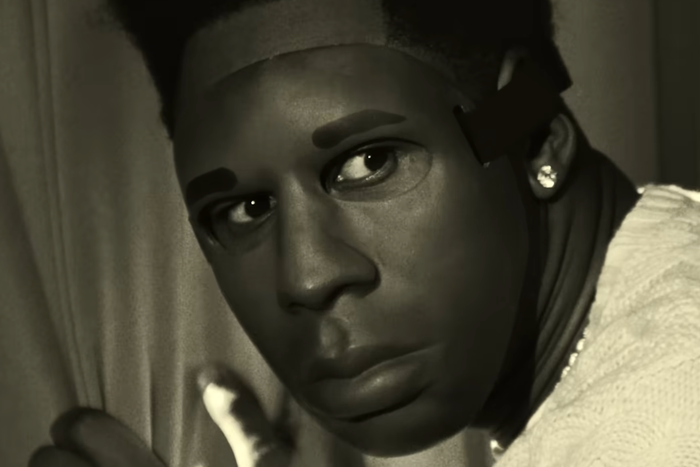

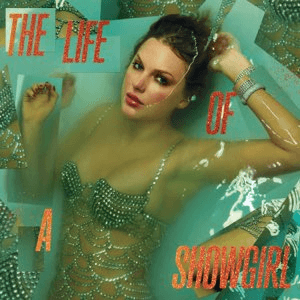

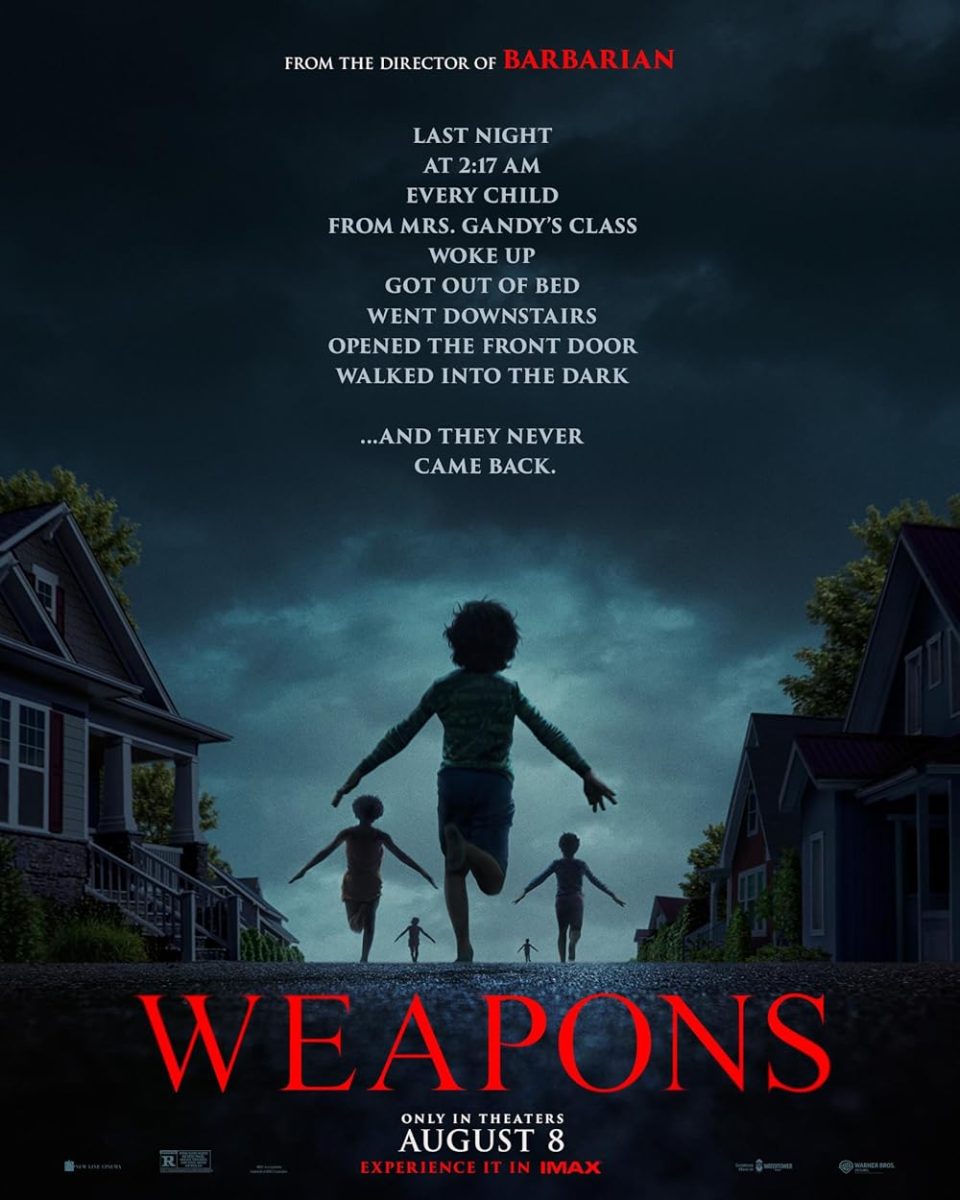
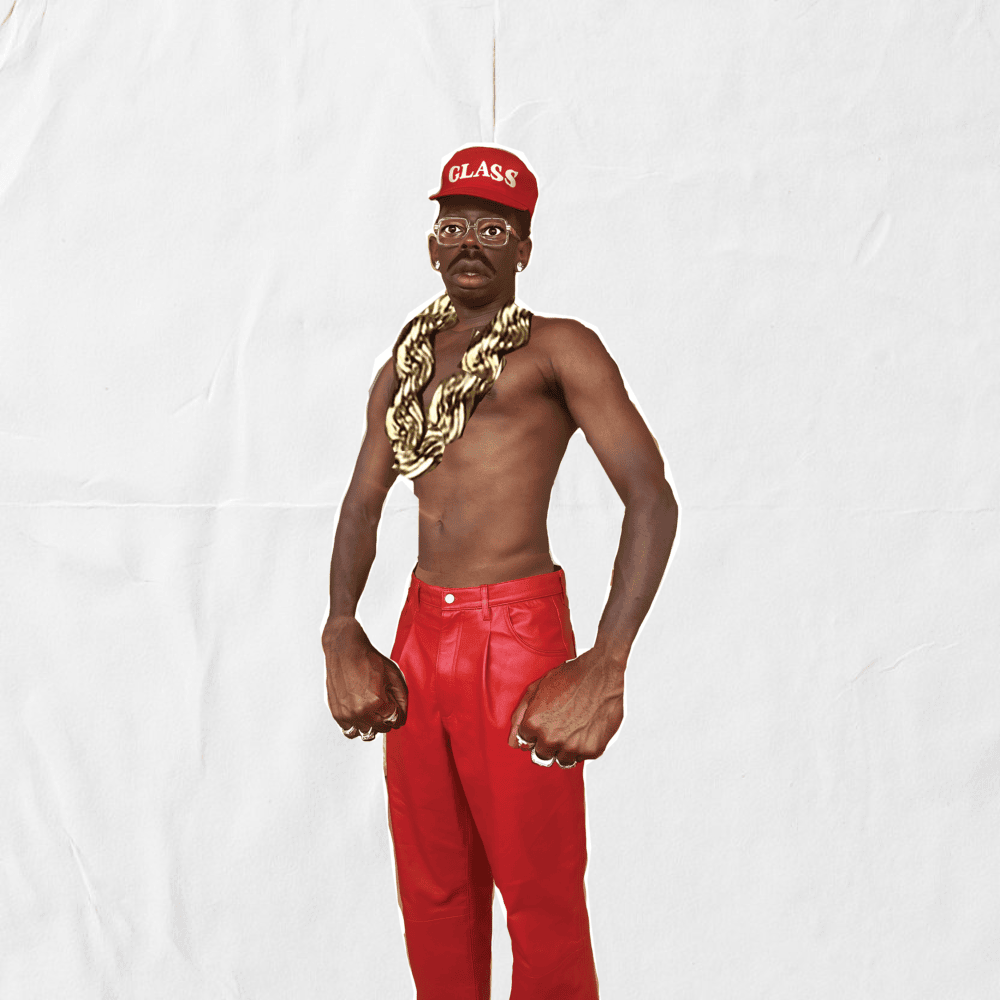

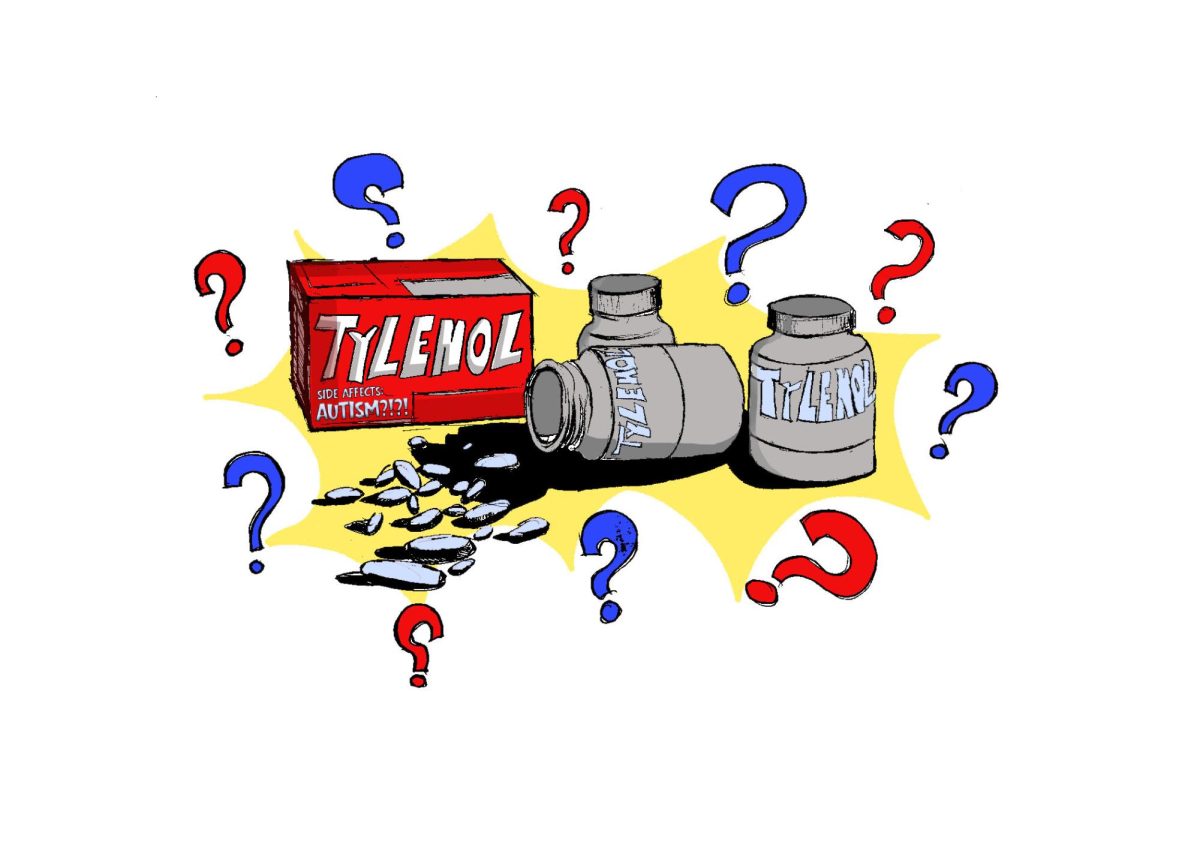
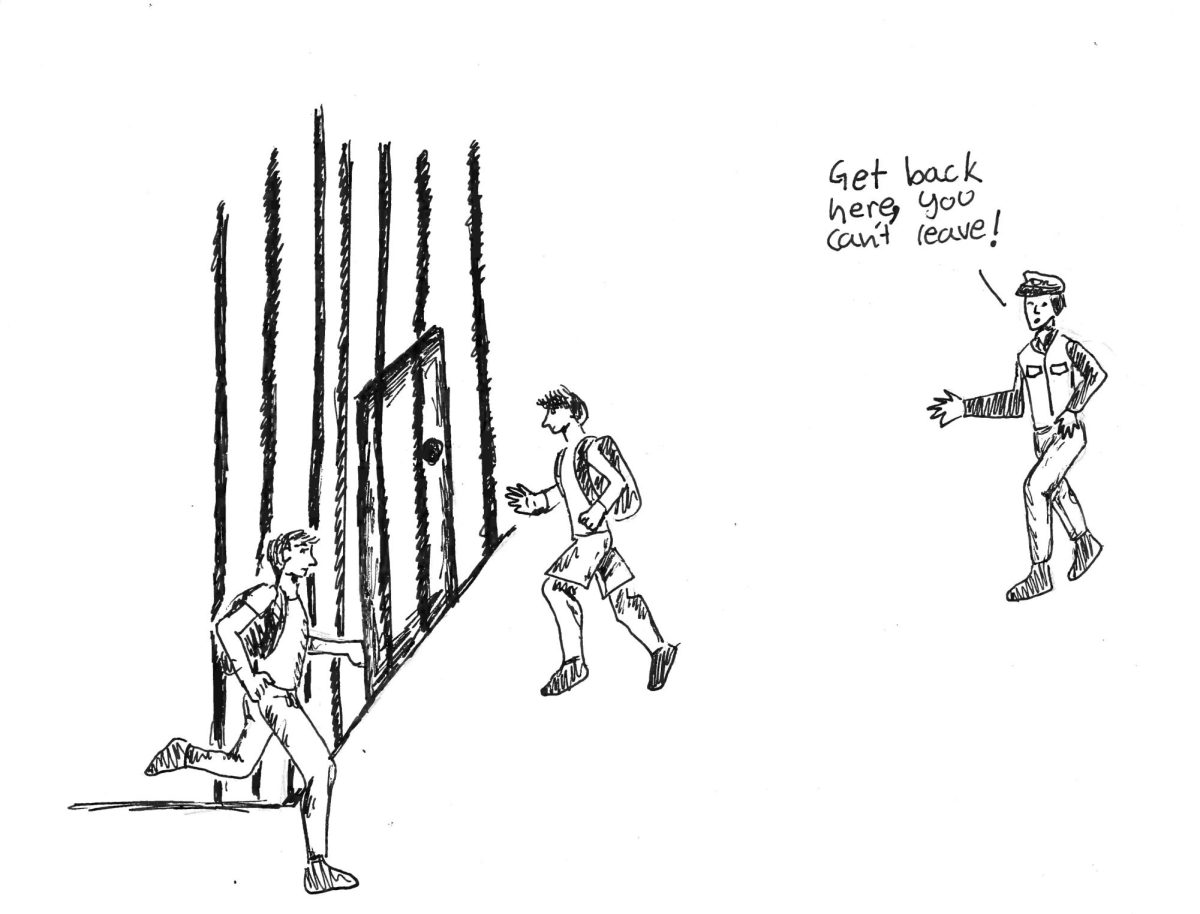

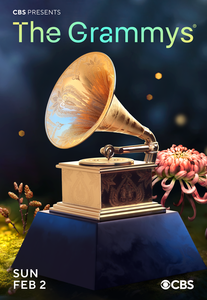
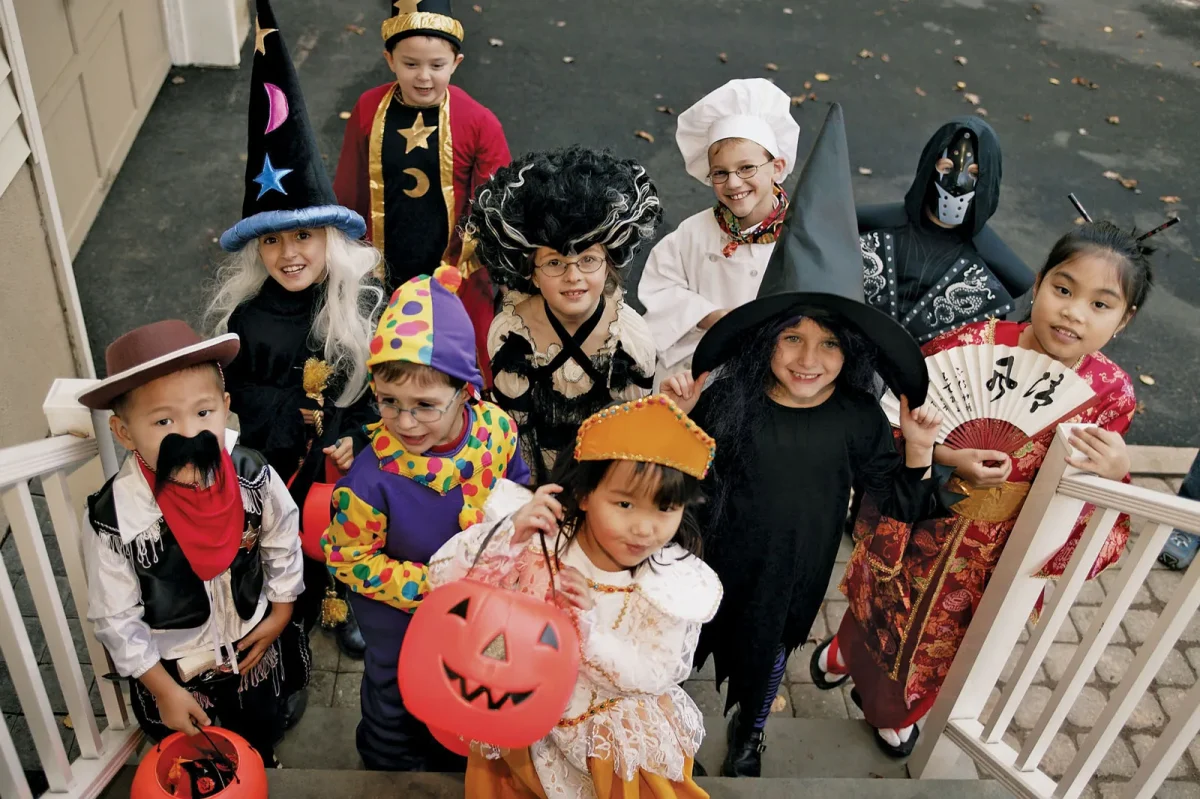
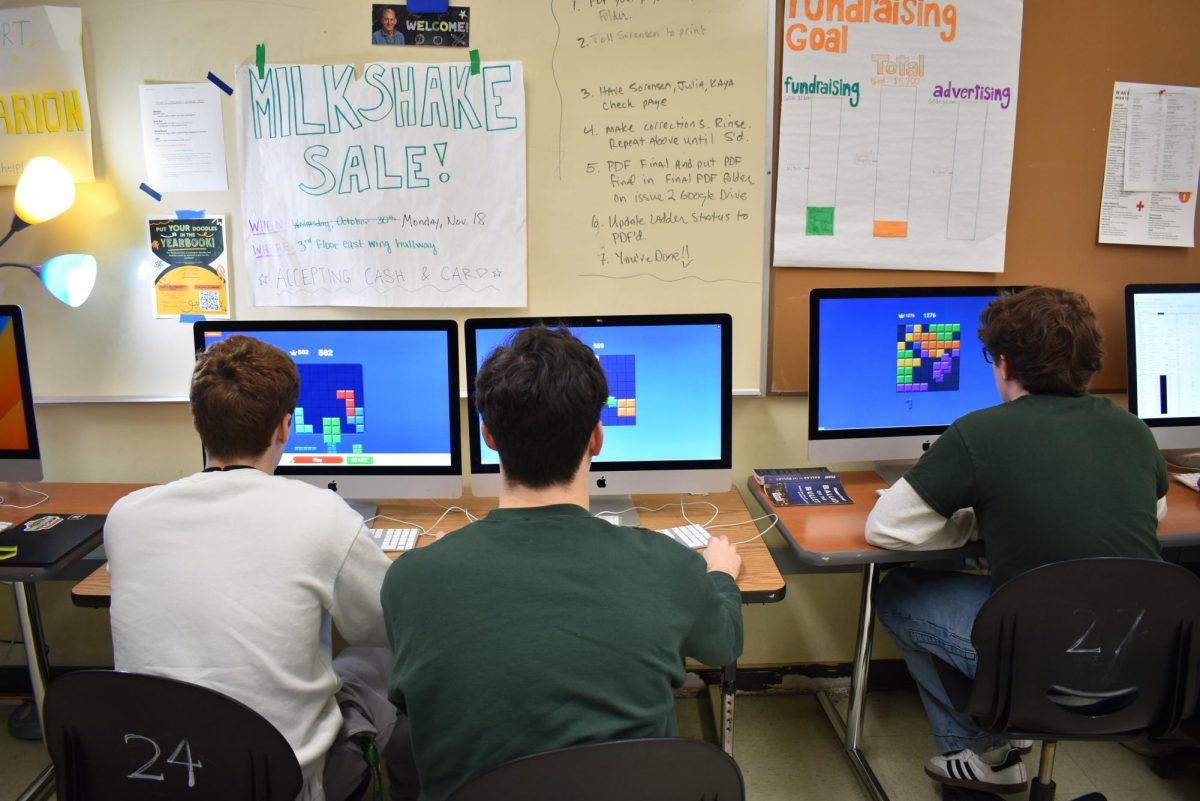
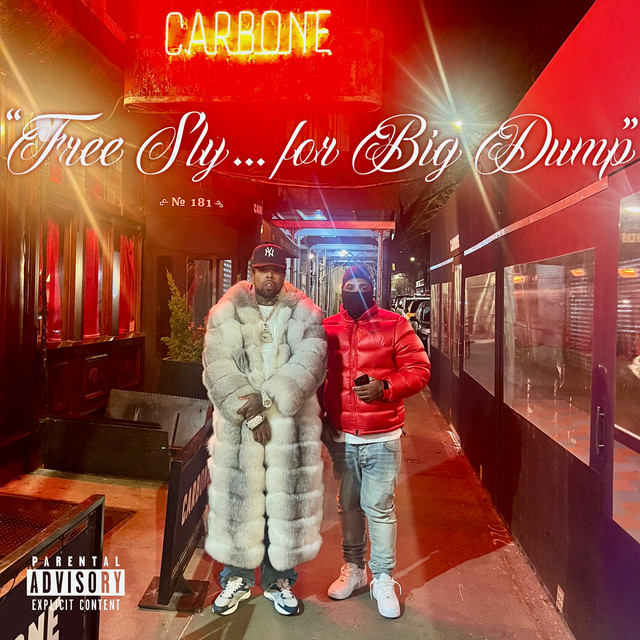


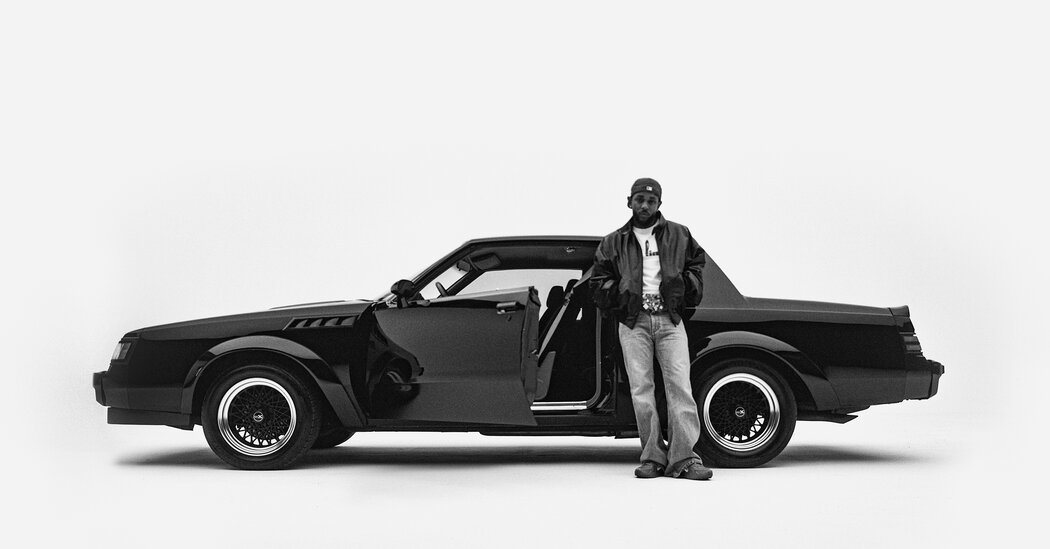
Damien • Nov 21, 2024 at 10:32 AM
I do not know if “I killed you” can be considered more lighthearted than “Hey Jane”. Yes “Hey Jane” speaks on a very heavy topic but “I killed you” as the title suggests, talks the whole time about multiple reasons behind killing an unknown person.